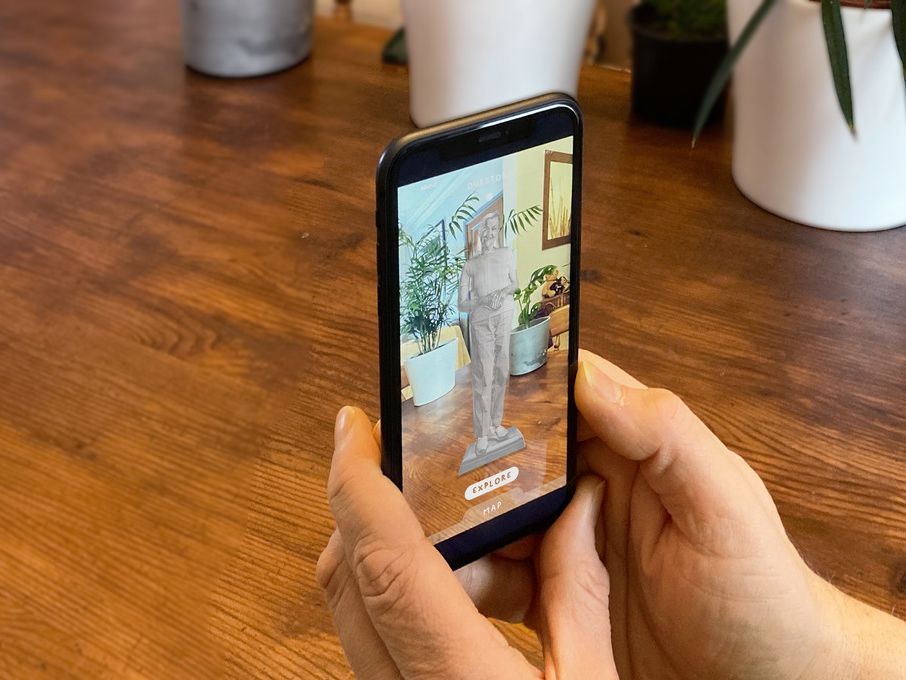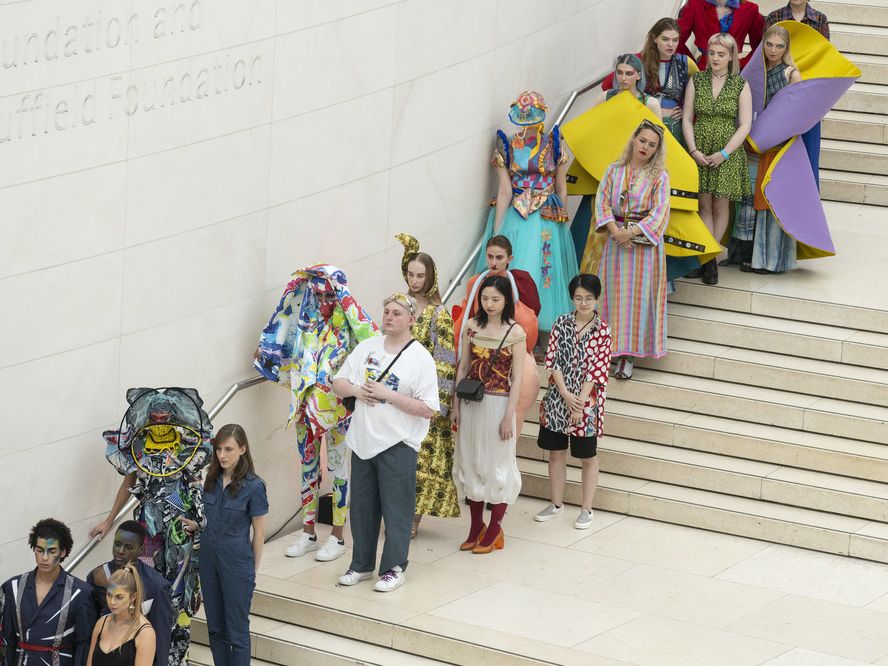
New Design Value Framework measures the environmental, social and economic impact of design
Design Council has launched The Design Value Framework: a tool that designers and commissioners of design can use to measure and evaluate their work. Developed with UAL Social Design Institute and BOP Consulting, it’s the first time a single framework covers all design sectors, and goes beyond economics to include the social, environmental and democratic impact of design.

